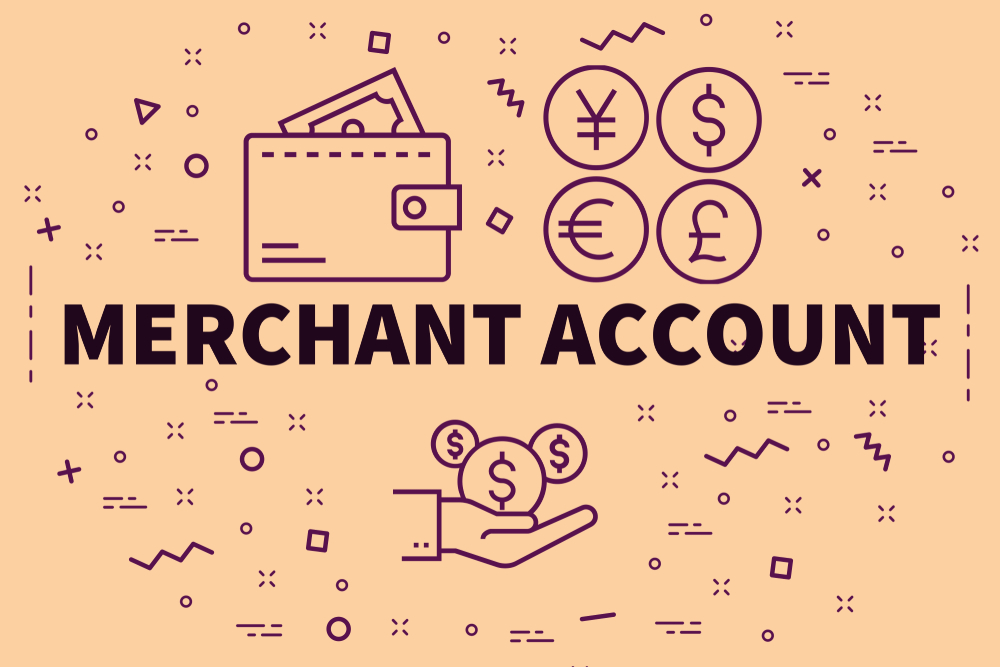Financing a Business
Starting a new business is one of the most exciting and challenging experiences you can have. Turning your cherished ideas and dreams into a successful enterprise requires hard work, dedication and a never say die attitude. Needless to say, in order to get your project off the ground and moving in the right direction you will also need the appropriate level of funding from the very start. So what are your options when financing a business?
There are many possibilities, pitfalls and hazards when it comes to financing a small to medium business enterprise. But with a considered and realistic approach to securing the funding you need, there is every chance that you can start your business off in a way that will allow it live up to its potential and flourish for many years to come. Here is an introductory guide to financing a start up business.
Opening a business bank account
All businesses, large or small, need to have at least one dedicated bank account. Even if you are a sole trader or a freelance operative, it is advisable for you to use a bank account that is separate from your personal current account to finance your business.
As your business grows, the importance of keeping your personal finances distinct from your business’ becomes more and more apparent. Although business accounts do tend to entail further costs and additional fees, it is better in the long run to give your business its own bank account from the very beginning. Plus, you may be able to find a business account that doesn’t charge for its services provided you are able to pay in a certain amount each month.

It may seem easier for you to use the same bank as the one that provides your personal account, but that doesn’t mean that they will be in a position to offer you the most advantageous package when it comes to opening a business account. As with all things, make sure you shop around and ask plenty of detailed questions of all the leading business account providers.
Getting a loan for your business
In the current economic climate, it is not easy for small businesses and start up enterprises to secure loans from banks, but that doesn’t mean that applying for a loan is a hopeless task. There are things that you can do that will enhance your chances and increase your likelihood of securing a loan.
Firstly, it is essential to get your application and your business plan looking both professional and watertight. Many banks offer advice on how to prepare a business plan, and there is also plenty of independent advice available. You will need to demonstrate to the bank that your experience and knowledge of the sector is proof of your reliability and the future potential of the business. It is important that you know from the very beginning how much money you will need, and how much you can afford to pay back. Simply asking the bank for as much as possible isn’t likely to result in a successful application.

Also, make sure that you will be able to show evidence of future income streams. Banks will only be willing to lend your business money if they are assured that you will have plenty of money coming in. You may find that a bank is willing to finance a business only as far as you are. This means that they may be willing to match that amount that you are able to invest in the business.
Finding alternative means of funding
If you are not able to get a loan from a bank, there are still places that you can go to in order to secure funding for your business. One possibility is to approach a community development finance institution (CDFI). These are independent organisations that exist to help the local economy by providing support to businesses in the area, thereby increasing the number of people in the region who are in work. As a result, CDFIs are less profit-driven than banks or moneylenders, and are therefore more open to approaches from small and start up businesses.
Social banks are also more willing to finance new businesses. One example is the Industrial Common Ownership Foundation (ICOF), which lends to co-operative or community based enterprises.
If you are intending to start up as a freelancer or sole trader, you may be eligible for micro-credit financing. This is a means of providing funding to those who are trying to start a new small business venture and who may be excluded from the standard banking finance system. One of the largest providers of micro-credit financing is The Prince’s Trust. As well as financing, they also provide a mentoring system to help new businesses in those crucial early months.
Categories: Advice, Business Loans, General, Savings




